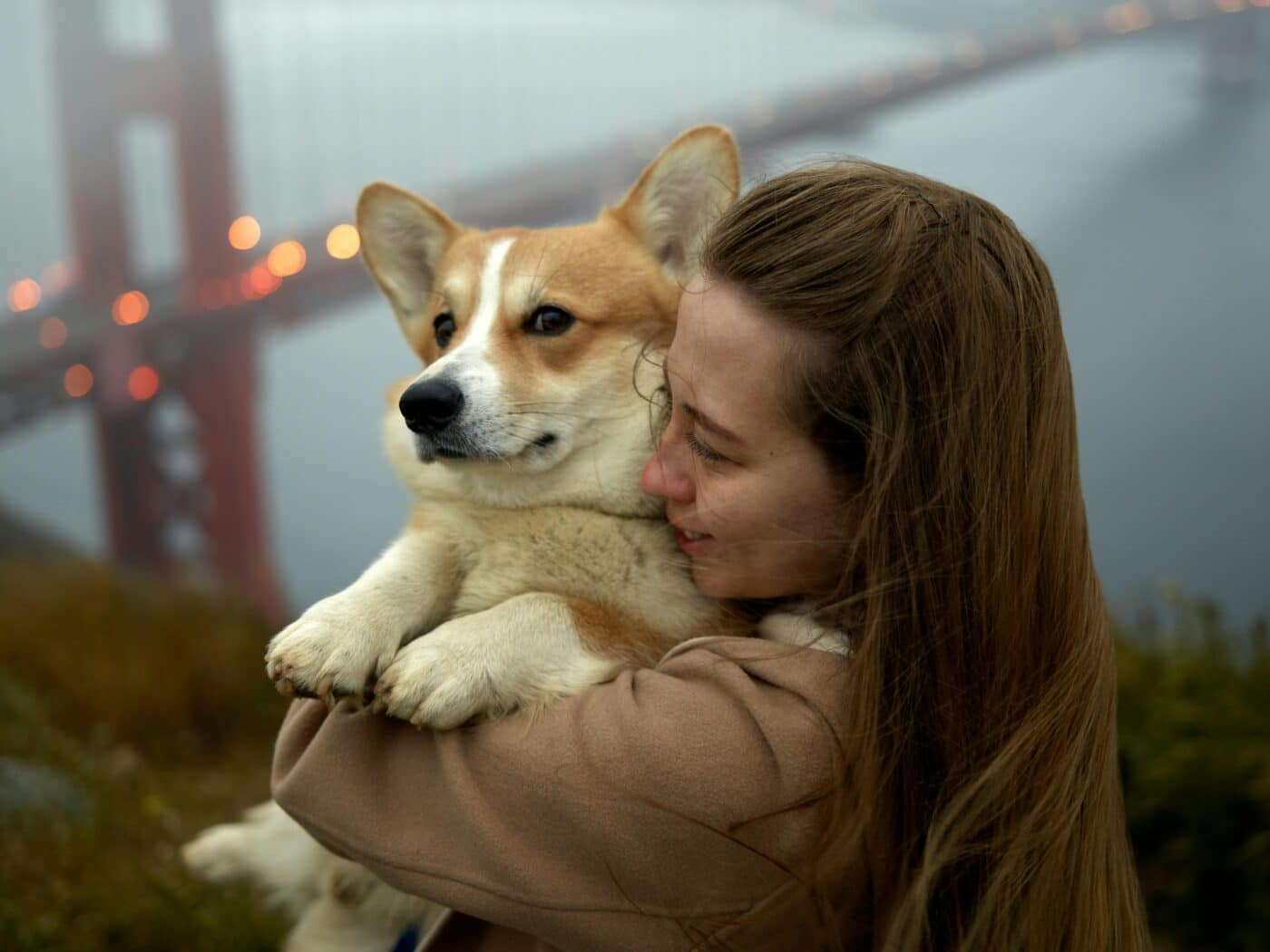 Shutterstock
Shutterstock
Dogs are incredibly in tune with their human companions, often reacting in ways that show they understand our emotions. Whether it’s through body language, facial expressions, or the tone of our voice, dogs have an uncanny ability to sense how we’re feeling. This emotional intelligence lets them offer comfort, share in our joy, or provide a playful distraction when needed. These behaviors make our furry friends not only wonderful companions but also strengthen the deep bond between humans and dogs, highlighting the special connection we share with our four-legged friends.
Offering Comfort When You’re Sad
 Shutterstock
Shutterstock
One of the most heartwarming ways dogs respond to your emotions is by offering comfort when you’re feeling down. If you’ve ever experienced a rough day, you’ve probably noticed your dog cuddling up next to you or resting their head on your lap. Dogs can sense when you’re sad through your body language and the tone of your voice. They instinctively try to provide comfort, whether it’s through gentle snuggles, a few well-timed licks, or simply staying close by. This behavior is rooted in their desire to bond and their instinct to support their pack members, which in this case, includes you.
Getting Excited When You’re Happy
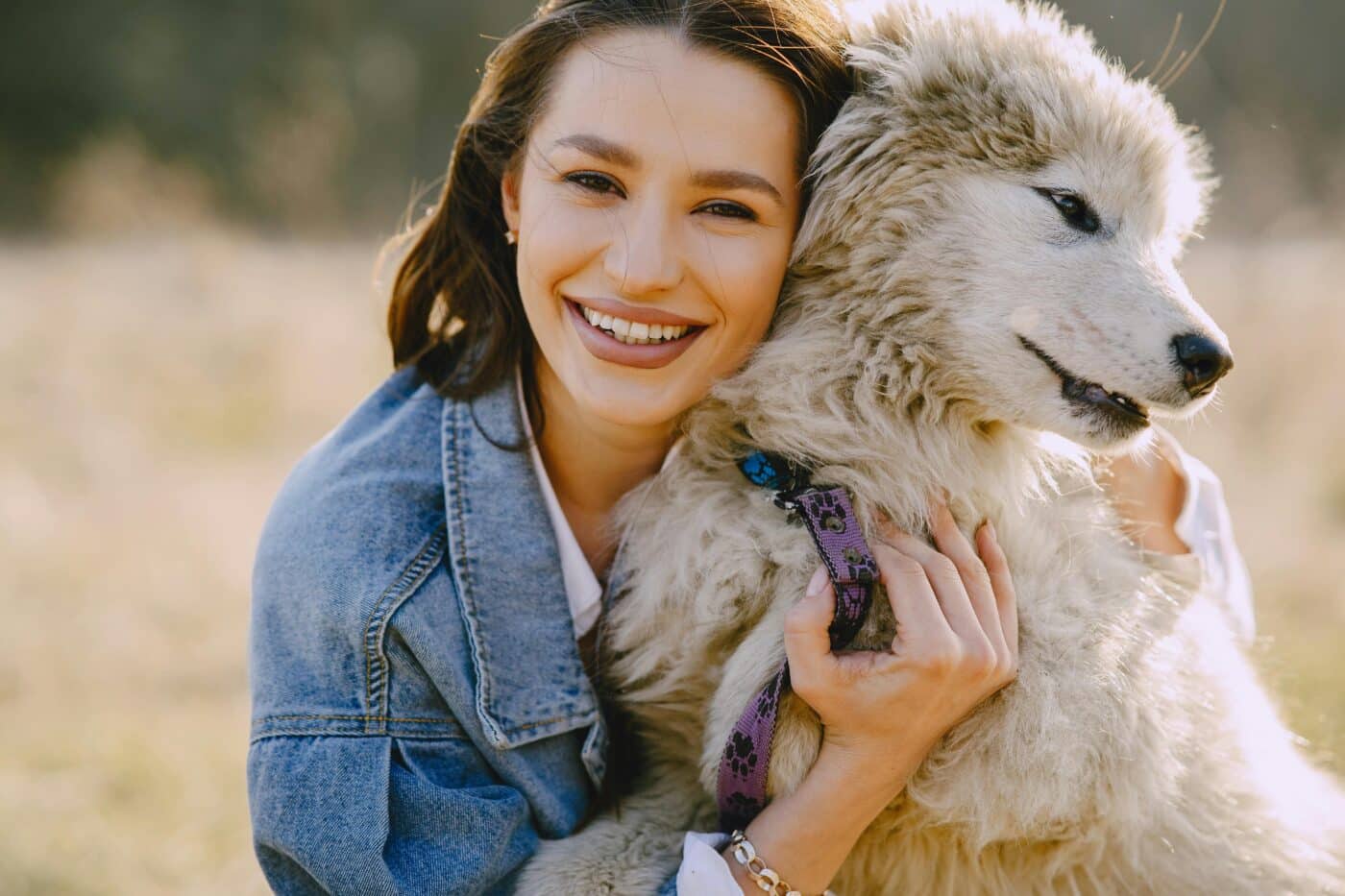 Shutterstock
Shutterstock
Dogs are experts at picking up on your joyful energy and reflecting it right back at you. When you’re in a great mood, your dog’s tail probably wags furiously, and they may jump around in excitement, ready to join in on the fun. Dogs can sense your happiness through your tone of voice and body language, and their enthusiasm only adds to the moment. This shared joy is a big part of what makes the human-dog relationship so special. Dogs have an innate ability to amplify our happiness, whether it’s during playtime or when you’re celebrating a small victory.
Acting Protective When You’re Afraid
 Shutterstock
Shutterstock
Dogs are naturally protective of their loved ones, and they can sense when you’re feeling scared or threatened. If you’re walking down a dark street and feel uneasy, you may notice your dog becoming more alert, standing closer to you, or even growling if they perceive a potential danger. This behavior stems from their instinct to protect their pack members and ensure their safety. Dogs can read your fear through your body language and even your scent, as humans release certain pheromones when frightened. Your dog’s protective response is their way of saying, “Don’t worry, I’ve got your back.”
Providing Distraction When You’re Anxious
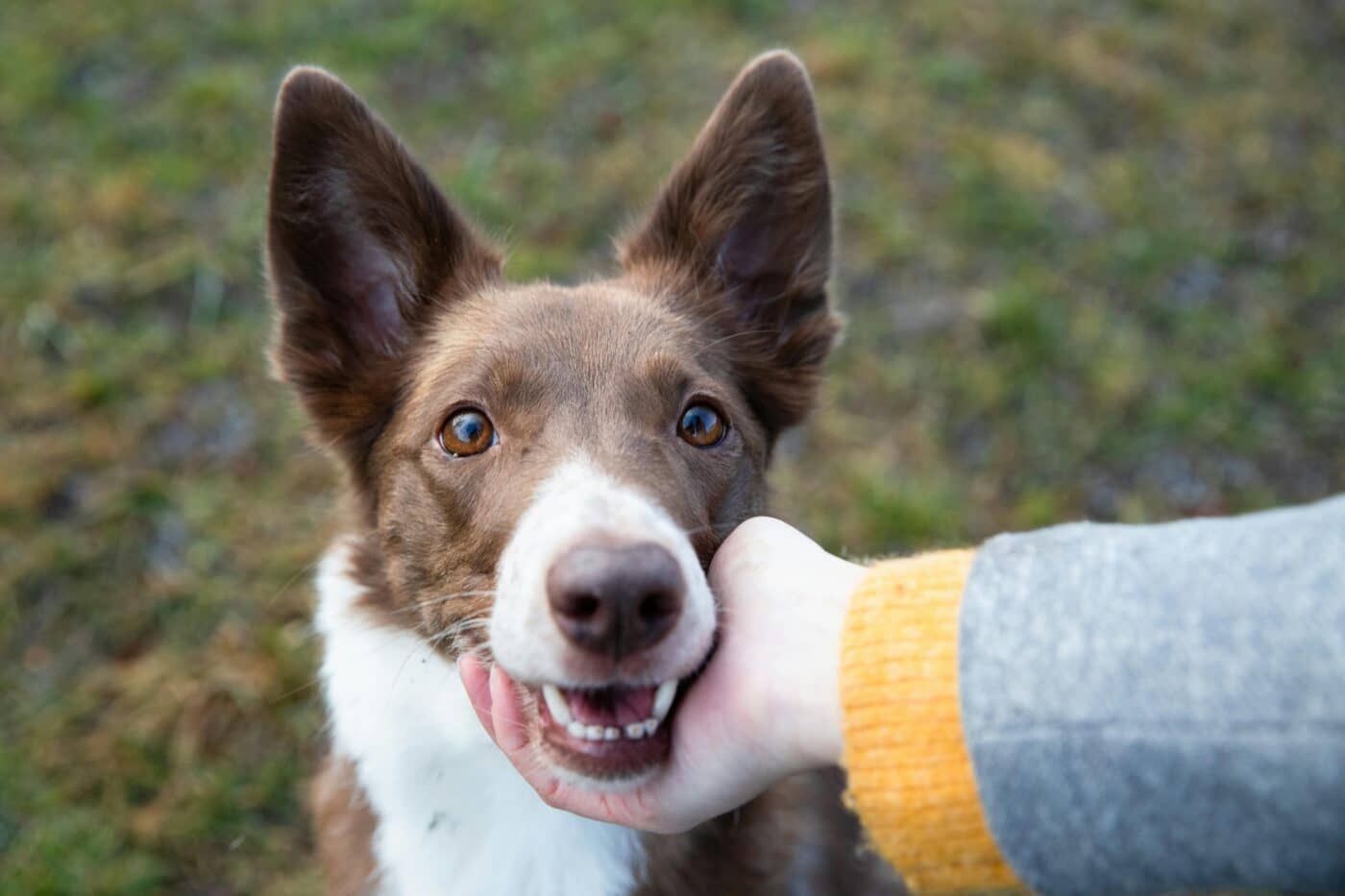 Shutterstock
Shutterstock
Dogs are incredibly perceptive and can tell when you’re feeling anxious or stressed. In these moments, they may try to distract you by bringing a toy, initiating playtime, or even doing something silly to grab your attention. This behavior isn’t just a coincidence; dogs often sense that you’re overwhelmed and try to lighten the mood. Their playful antics or insistence on getting you to throw a ball serve as a welcome distraction, helping you break free from your anxious thoughts. It’s as if they’re saying, “Hey, let’s take a break from worrying and just have some fun.”
Staying Calm When You Need Peace
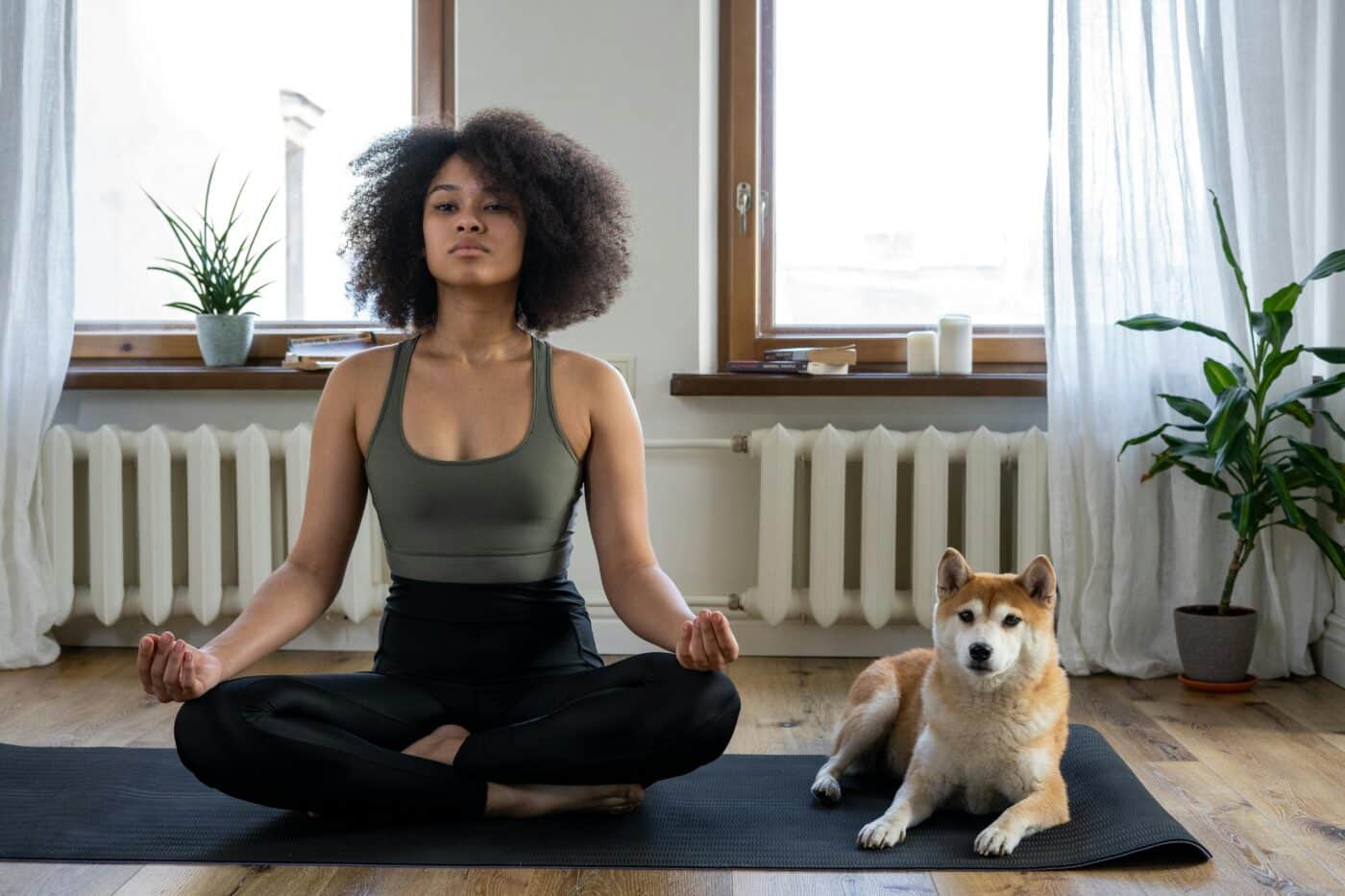 Shutterstock
Shutterstock
If you’re feeling overwhelmed and need a moment of peace, dogs seem to have an instinct for when to tone down their energy. Instead of bouncing around or demanding playtime, they may choose to lie quietly by your side, providing silent support. This calming presence can be incredibly soothing, almost like a living, breathing stress reliever. Dogs have a way of adjusting their behavior to match your emotional state, and their quiet companionship can be a powerful way to find solace during difficult times. Just having your dog nearby can bring a sense of calm and comfort.
Mimicking Your Emotions
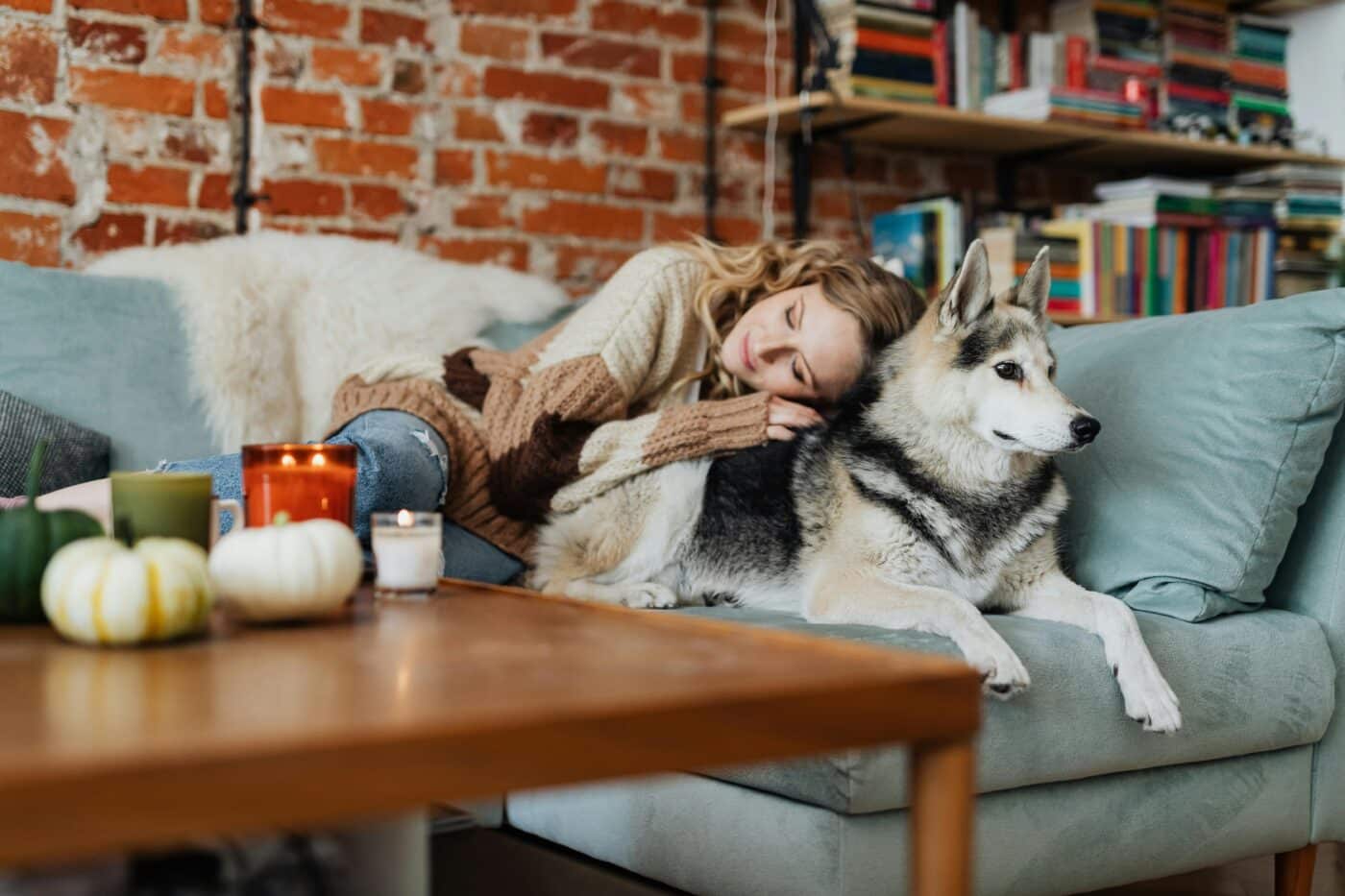 Shutterstock
Shutterstock
One of the most fascinating ways dogs respond to your emotions is by mirroring them. If you’re feeling excited and upbeat, your dog will often reflect that energy by wagging their tail and engaging in playful behavior. On the flip side, if you’re feeling sluggish or down, your dog may become more subdued and quiet. This mirroring behavior is part of their social bonding skills, as they’re highly attuned to the emotions of their human companions. Dogs are like emotional sponges, soaking up your mood and adjusting your actions accordingly, making them empathetic and understanding companions.
 Shutterstock
Shutterstock
Physical touch can be incredibly soothing, and dogs seem to know this instinctively. When you’re feeling stressed, your dog might press their body against you, rest their head on your lap, or even paw at you gently. This physical contact releases oxytocin, the “feel-good” hormone, which helps reduce stress and anxiety. Dogs seem to understand that their presence and touch can be comforting, and they use this knowledge to provide emotional support. It’s one of the many ways dogs show their love and care, and it often makes a world of difference to a stressed-out human.
Keeping a Watchful Eye When You’re Unwell
 Shutterstock
Shutterstock
When you’re feeling physically unwell, dogs have an uncanny way of knowing something is wrong. They may stay close to you, monitor your movements, or even lick you as if trying to help. Dogs can detect changes in your scent and body language when you’re sick, and their nurturing instincts kick in. Some dogs have even been trained to detect medical conditions like seizures or drops in blood sugar. Even without specialized training, many dogs naturally become more attentive when their owner isn’t feeling well, proving once again that they’re more than just pets—they’re caring, watchful friends.
Cheering You Up When You’re Lonely
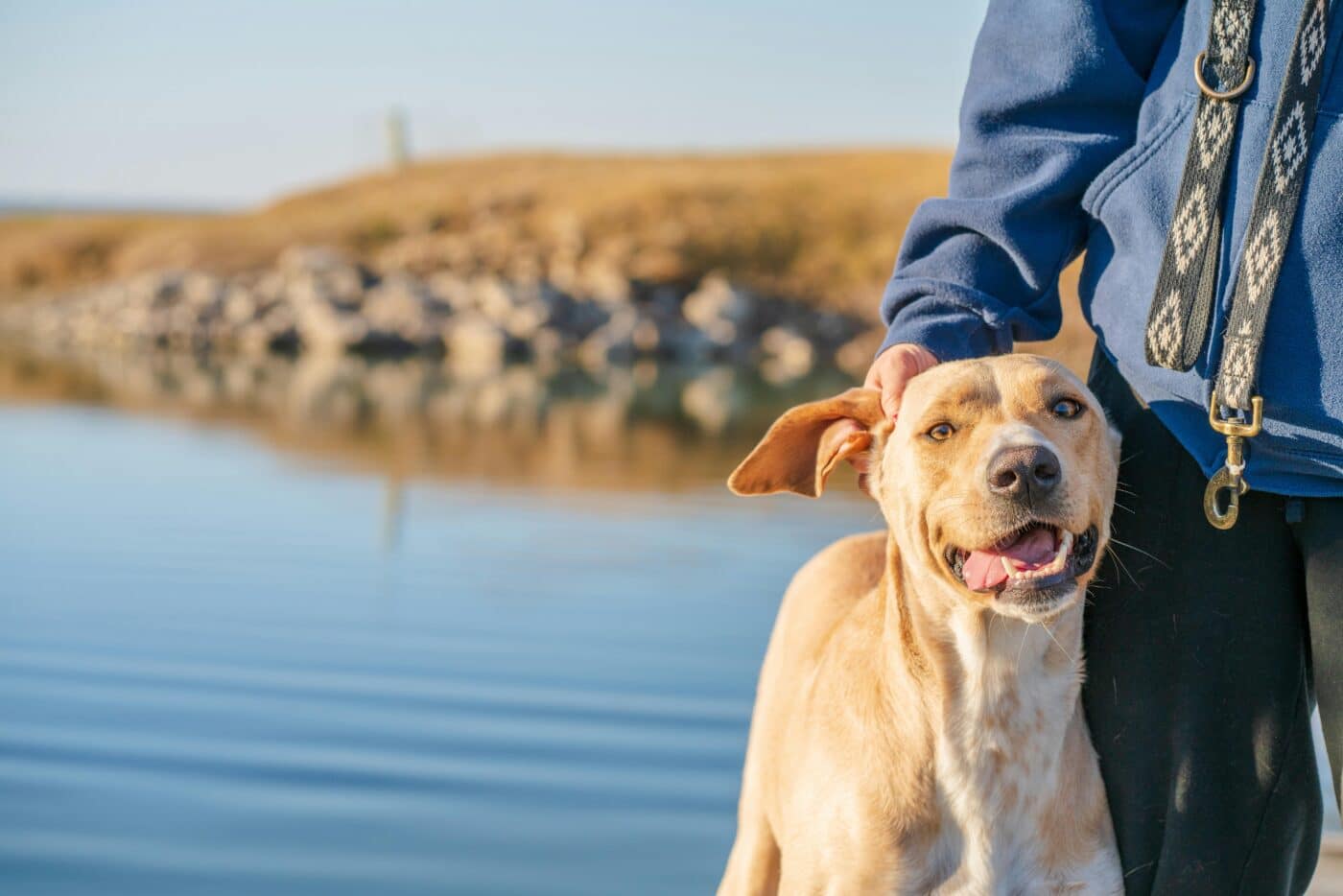 Shutterstock
Shutterstock
Loneliness can be tough, but dogs have an incredible ability to lift your spirits. They seem to sense when you’re feeling isolated and will often shower you with affection or engage you in playful antics to cheer you up. Their unconditional love and desire to be close provide the perfect remedy for loneliness. Dogs are always there to fill the emotional void, whether it’s through cuddles, wagging tails, or a goofy smile. Their presence is a constant reminder that you’re never truly alone, and their companionship can make even the loneliest days feel brighter.
Nudging You for Comfort When You Cry
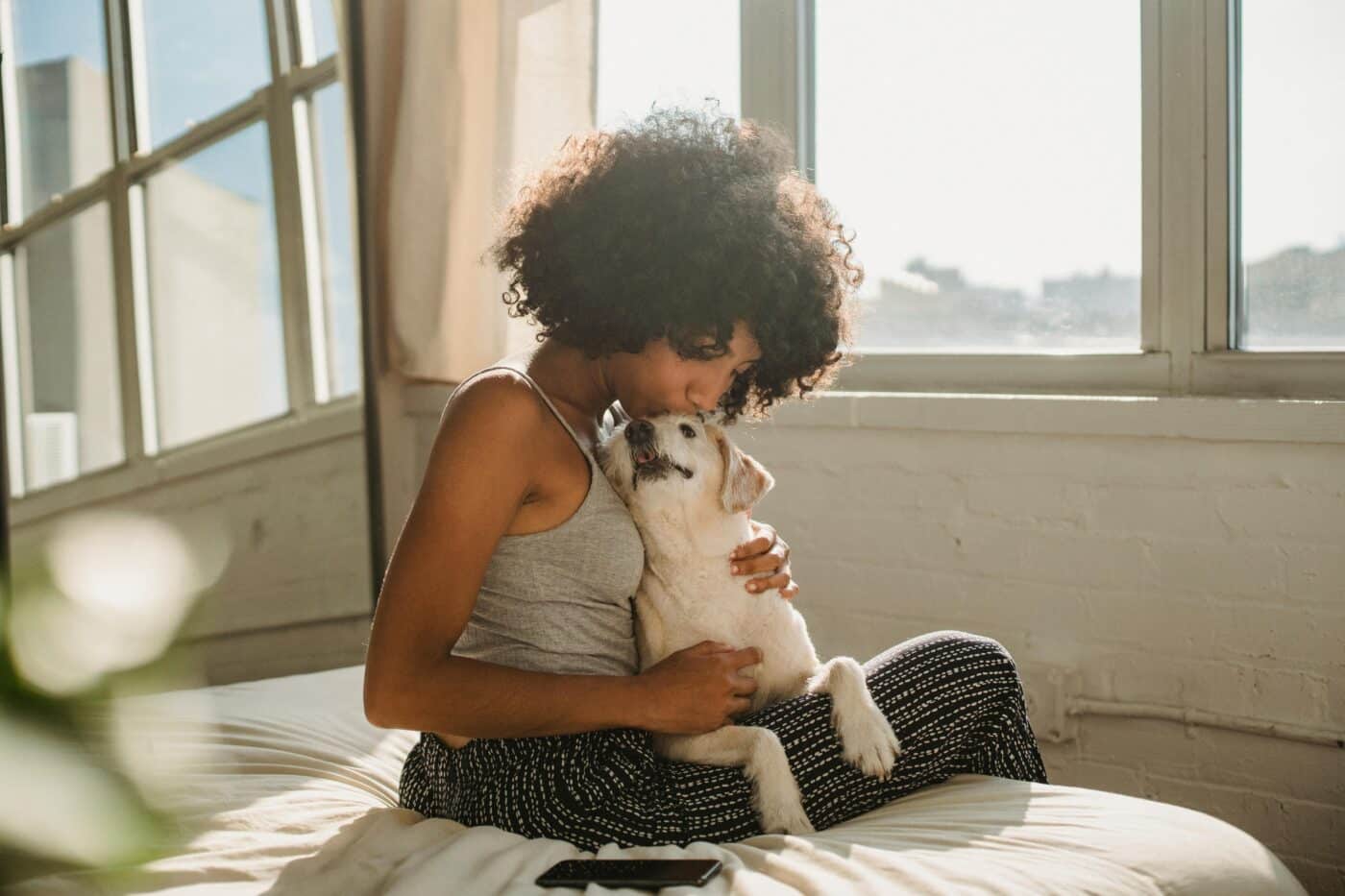 Shutterstock
Shutterstock
When you’re crying, dogs often respond in the most heartwarming ways. They might nuzzle you with their nose, paw at you gently, or even lick away your tears. Dogs can sense distress and will often try to comfort you in whatever way they can. Their response is a combination of empathy and their natural desire to make their loved ones feel better. The gentle nudge of a dog’s nose or the warm pressure of their body next to yours can be incredibly soothing, offering a sense of comfort and connection that words alone can’t provide.
Sensing and Responding to Anger
 Shutterstock
Shutterstock
Dogs are sensitive to the emotional climate around them, and they can pick up on anger or frustration. When you’re upset, your dog may exhibit signs of stress, like lowering their ears, tucking their tail, or avoiding eye contact. Some dogs may even try to calm you down by licking your hands or face or offering a toy as a distraction. This behavior shows that dogs are aware of negative emotions and may try to de-escalate the situation. While they don’t fully understand the reasons behind your anger, they do understand that something feels off and want to help.
Acting Silly to Make You Laugh
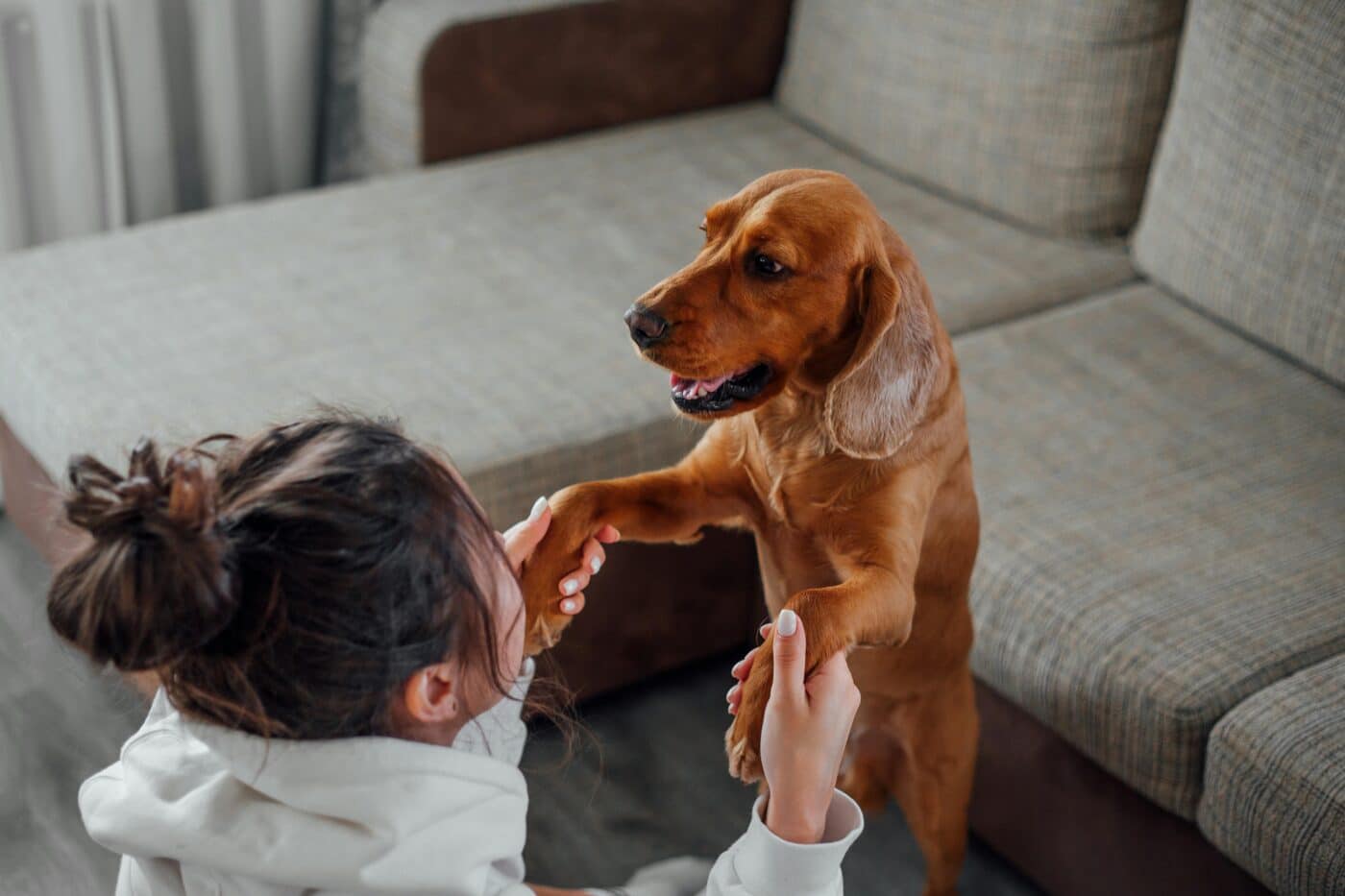 Shutterstock
Shutterstock
Dogs have an uncanny ability to make us laugh, and sometimes, it seems entirely intentional. If they sense you’re feeling down or stressed, they may start doing something goofy, like rolling around on the floor, chasing their tail, or making funny faces. Dogs love to see their humans happy, and they’ll often go out of their way to brighten your mood. This playful behavior not only lifts your spirits but also strengthens the bond you share. It’s as if they’re saying, “Don’t worry, human. Let’s have a good laugh together.”
Staying By Your Side During Grief
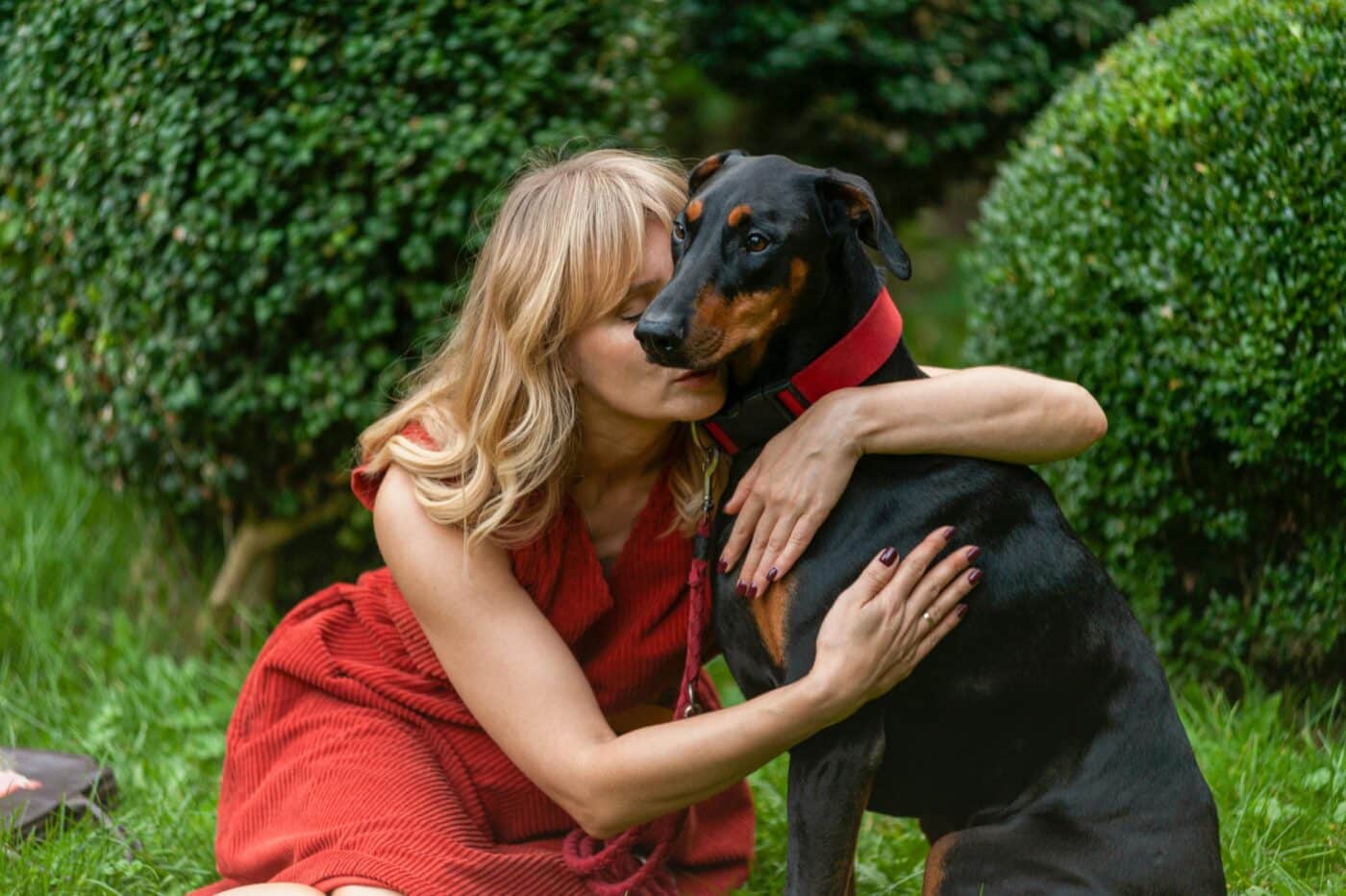 Shutterstock
Shutterstock
Grief is a heavy emotion, and dogs often respond with unwavering loyalty and quiet presence. When you’re grieving, your dog may stay close, offering gentle support without needing anything in return. They sense the depth of your sadness and seem to know that words won’t help—but their presence might. Dogs have a way of making the unbearable a little more manageable, simply by being there. Their comforting presence and unconditional love can bring solace during some of life’s most challenging moments, proving once again how deeply they understand and respond to human emotions.
Showing Anxiety When You’re Anxious
 Shutterstock
Shutterstock
Dogs are incredibly in tune with their owners’ feelings, and they often reflect the emotions they sense. If you’re feeling anxious, your dog might start pacing, whining, or showing signs of stress as well. This shared anxiety highlights the strong emotional bond between dogs and their humans. While it may not always be helpful to have a nervous dog when you’re already feeling anxious, it does show just how deeply they connect with your emotional state. On the flip side, it can also serve as a reminder to both calm down and comfort each other.
Sleeping Near You When You’re Exhausted
 Shutterstock
Shutterstock
When you’re feeling exhausted, both physically and emotionally, dogs often respond by choosing to rest beside you. They may curl up next to you on the couch or even lie at your feet, offering silent support. This act of sleeping near you isn’t just about seeking comfort for themselves; it’s also a way to provide comfort to you. Dogs seem to understand that their presence can be soothing and help you feel more secure and relaxed. Their warm, steady companionship during moments of fatigue can be incredibly healing.
The Emotional Support Squad
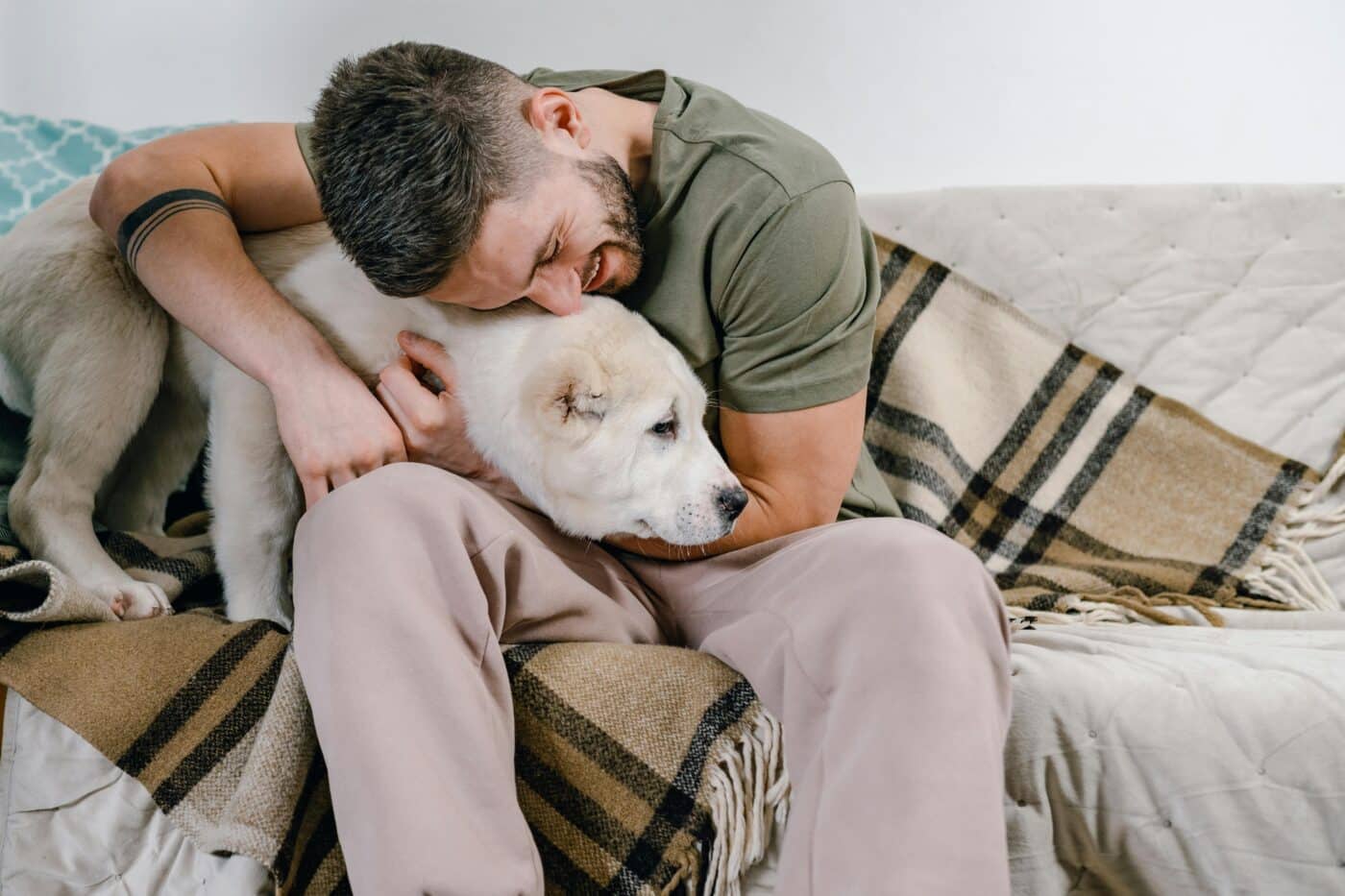 Shutterstock
Shutterstock
Dogs have a unique way of responding to human emotions, showing just how empathetic and caring they are. Whether offering comfort when you cry or acting goofy to make you laugh, their intuitive responses highlight the deep bond we share. They remind us that love and companionship can brighten even the darkest days. No matter what you’re going through, your dog is there, ready to be your biggest supporter, emotional sponge, and occasional clown. With a dog by your side, life’s challenges feel a bit more manageable.

 1 week ago
7
1 week ago
7
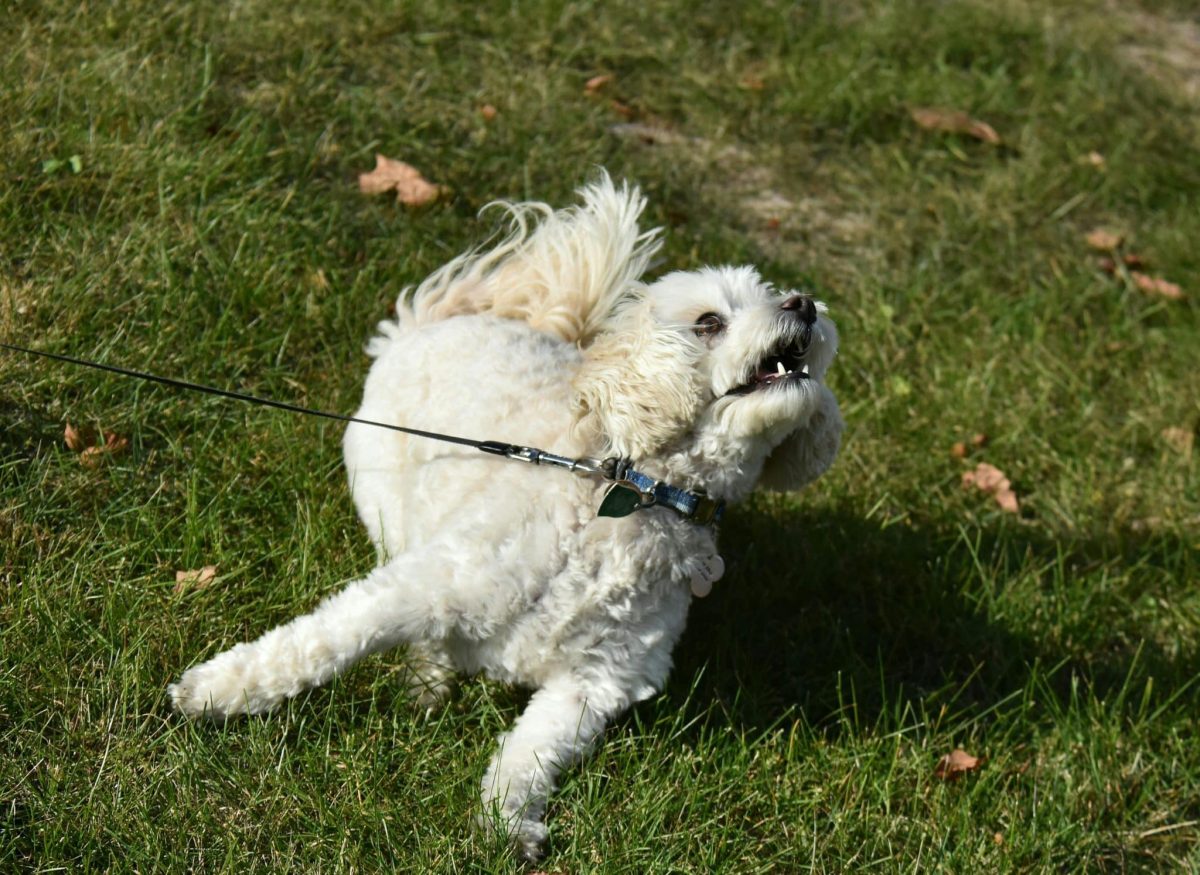
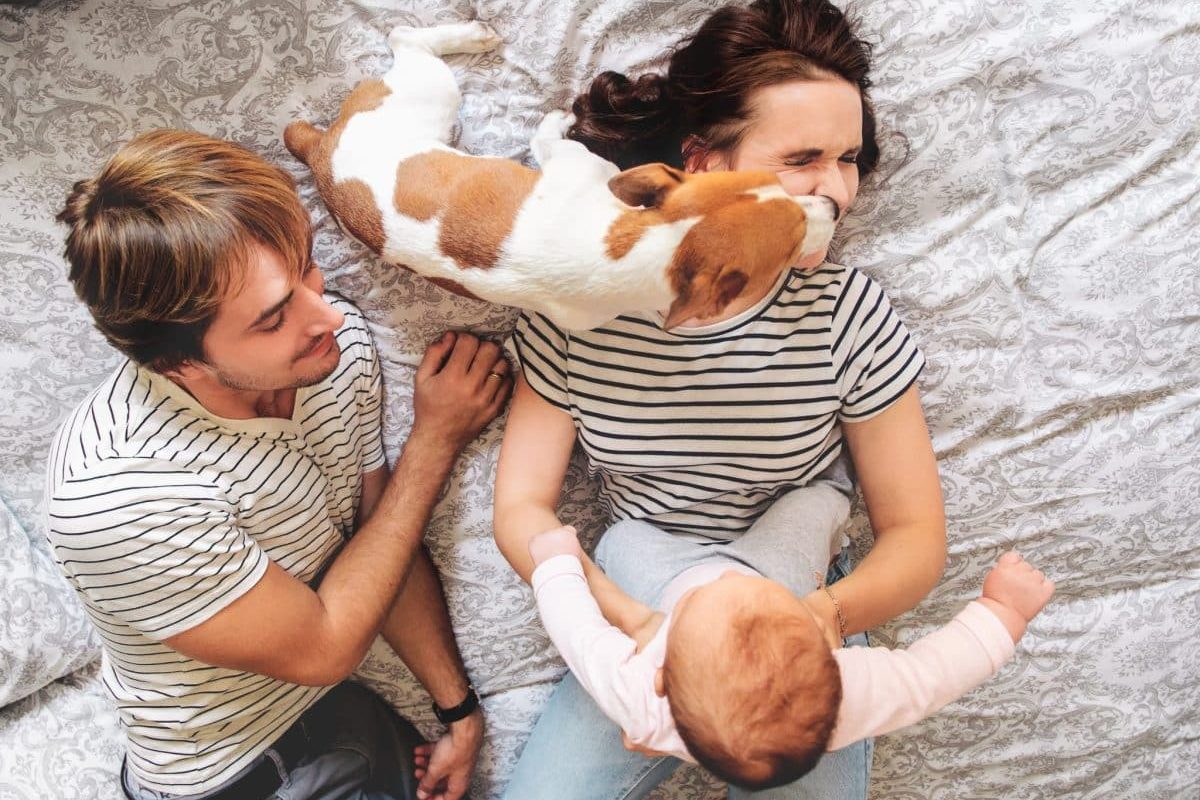
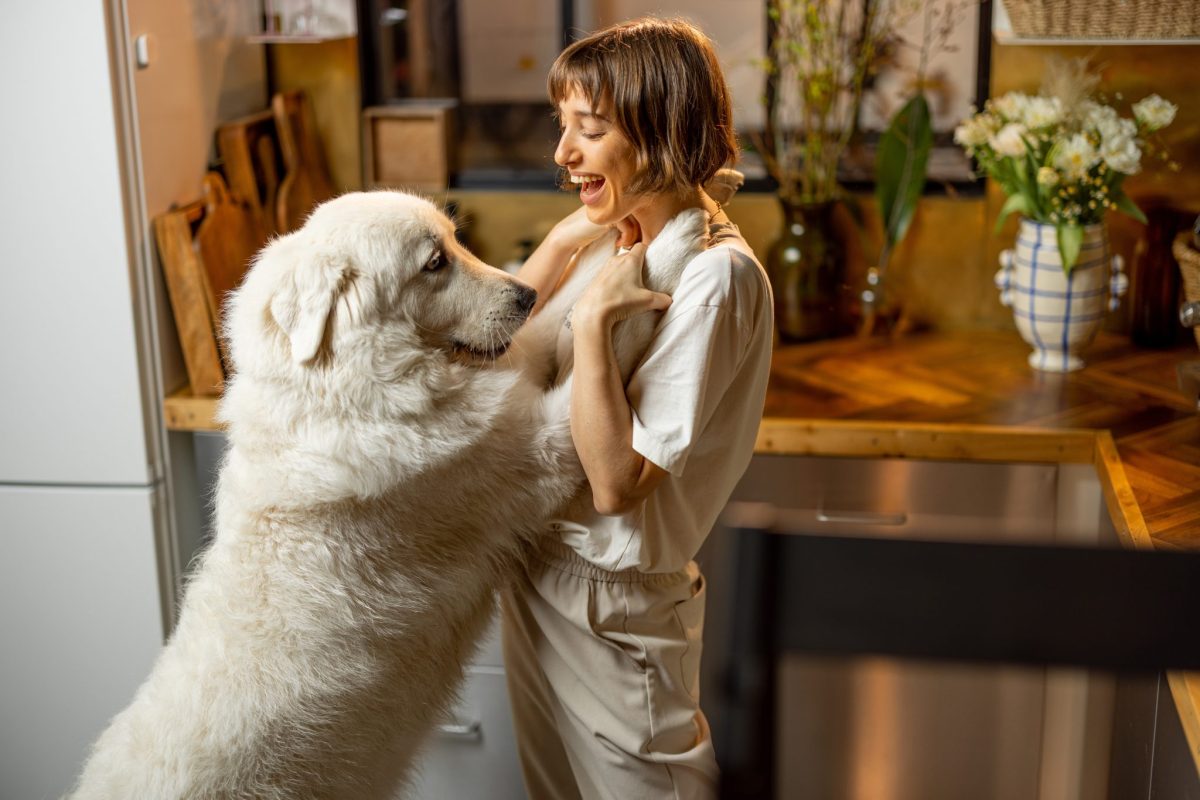
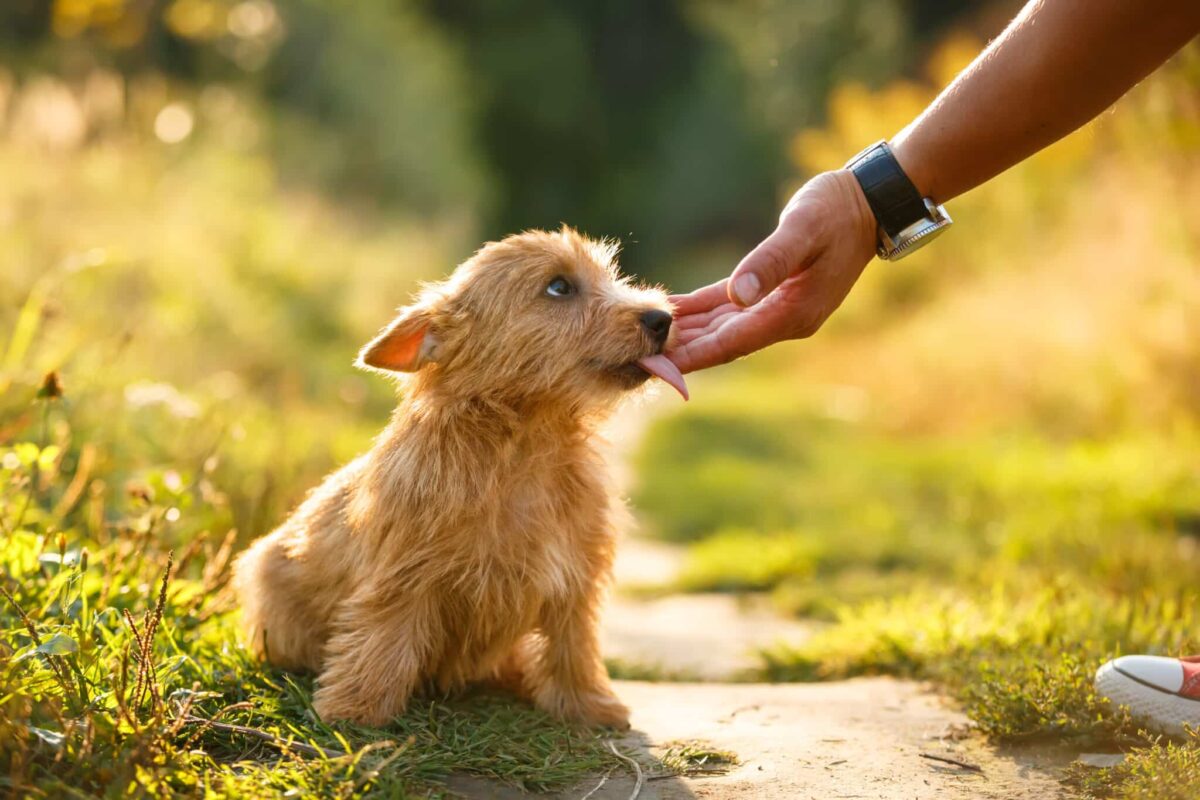
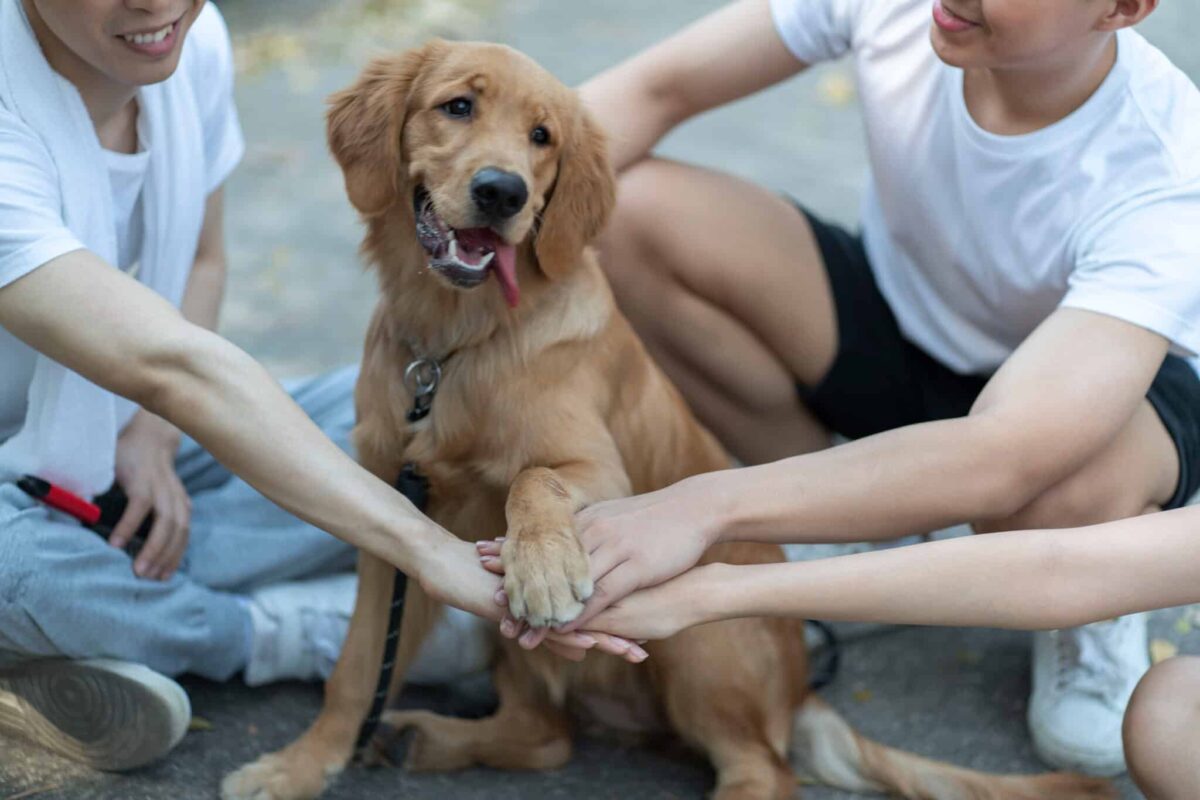
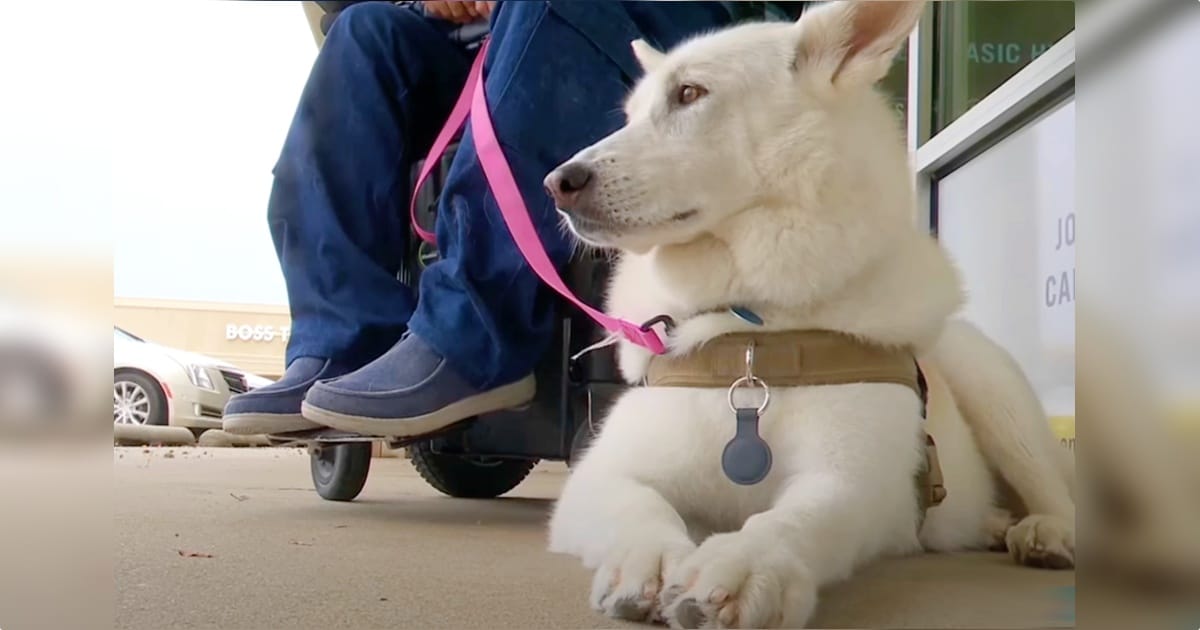
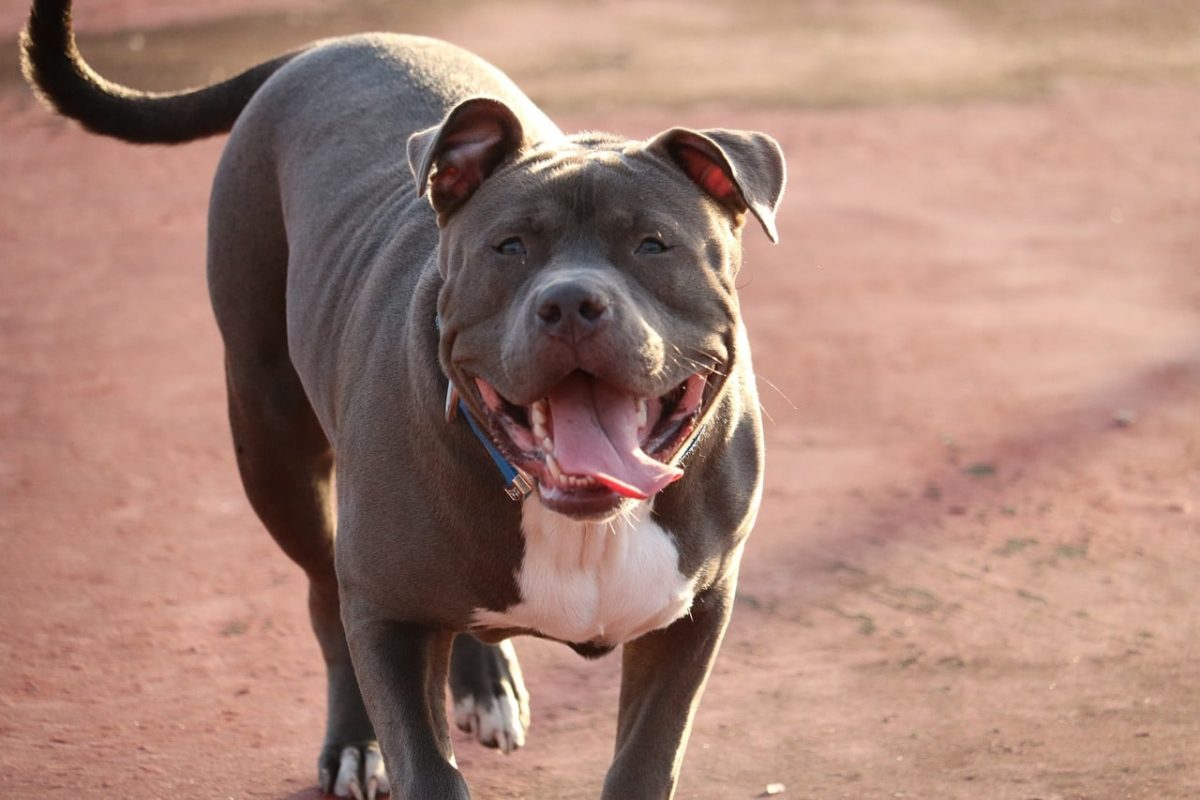
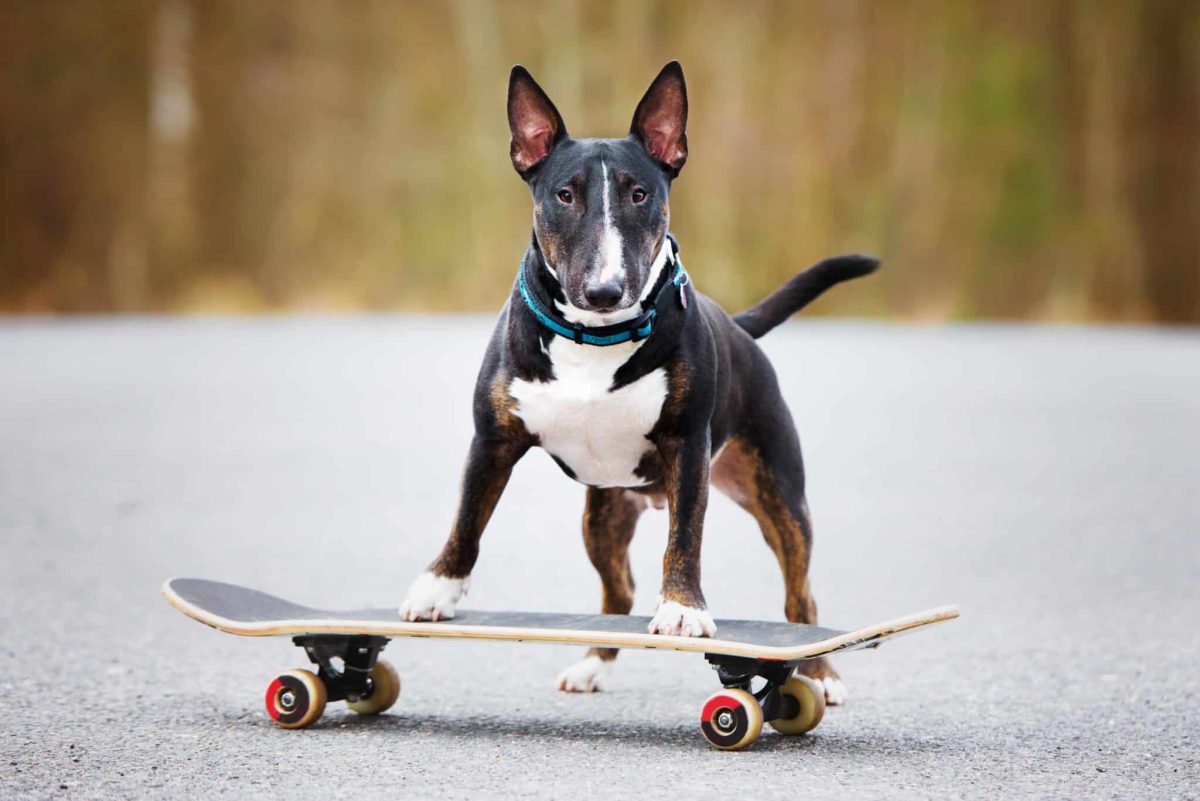
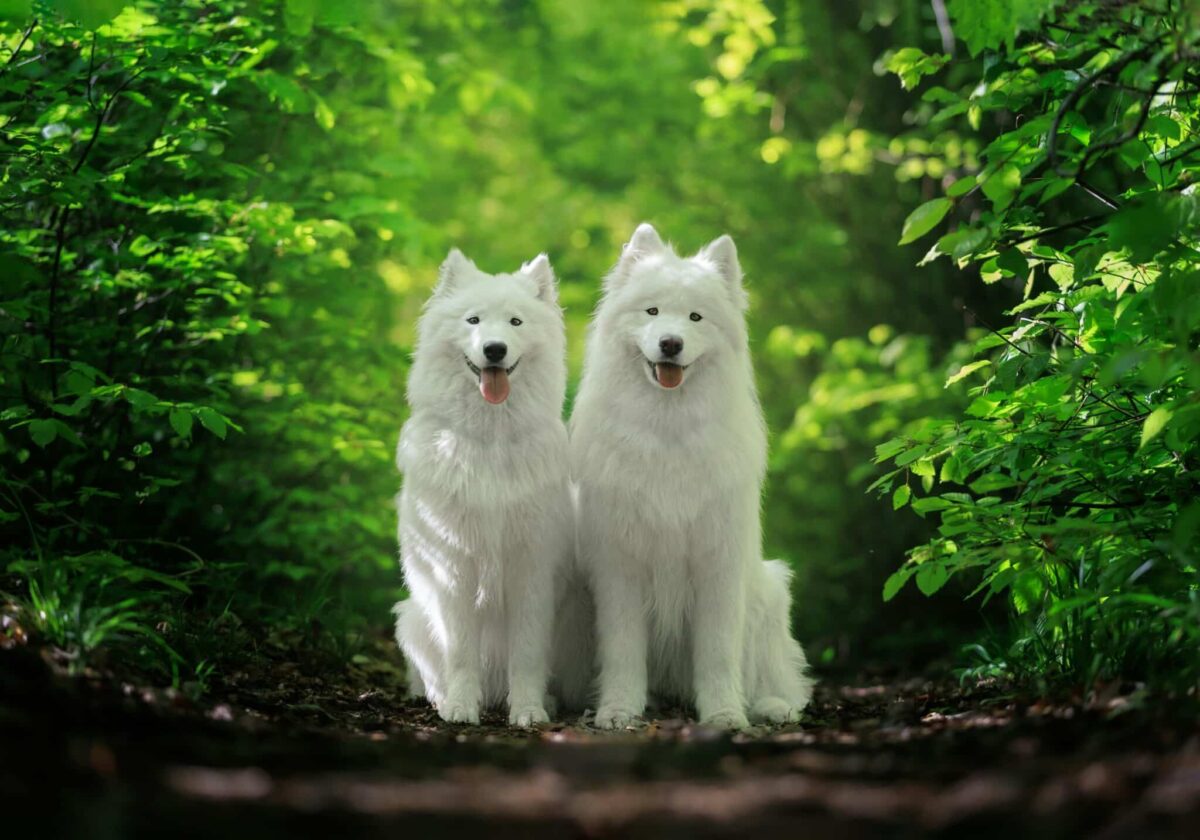
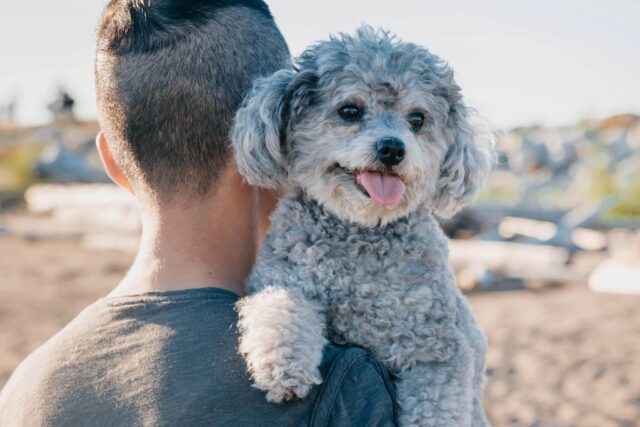
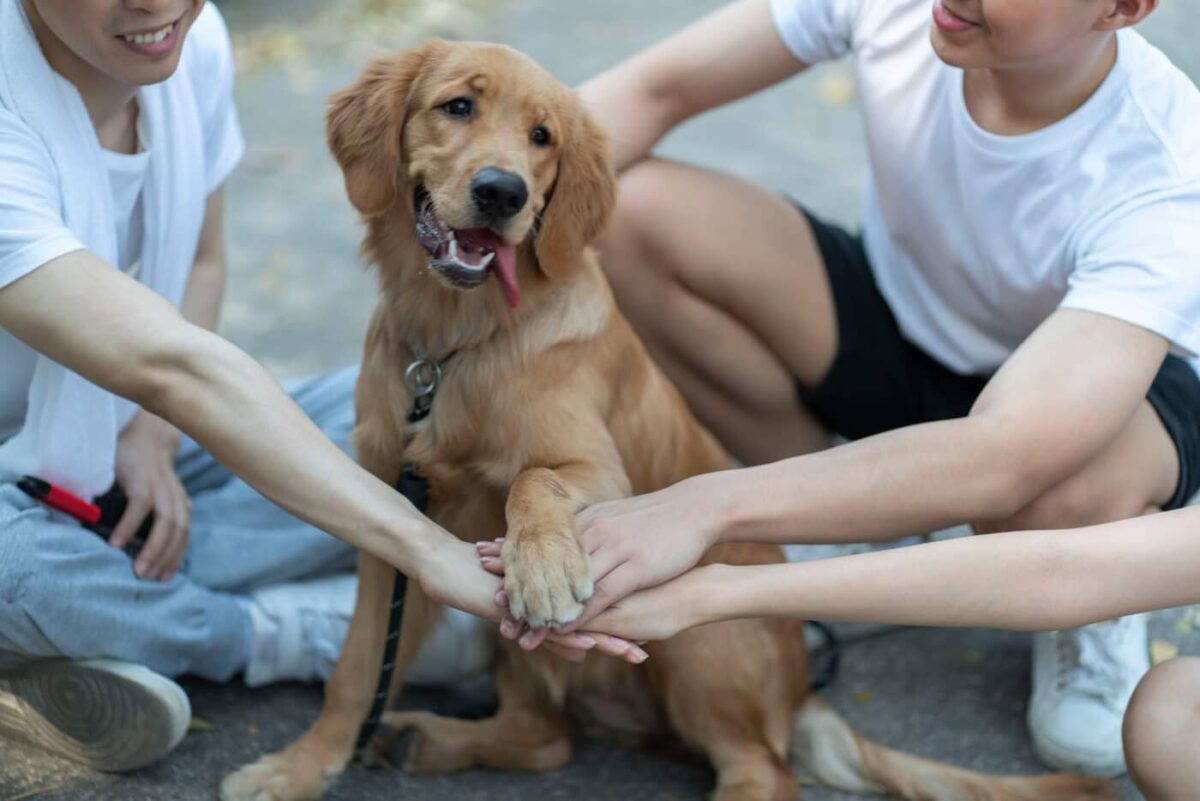
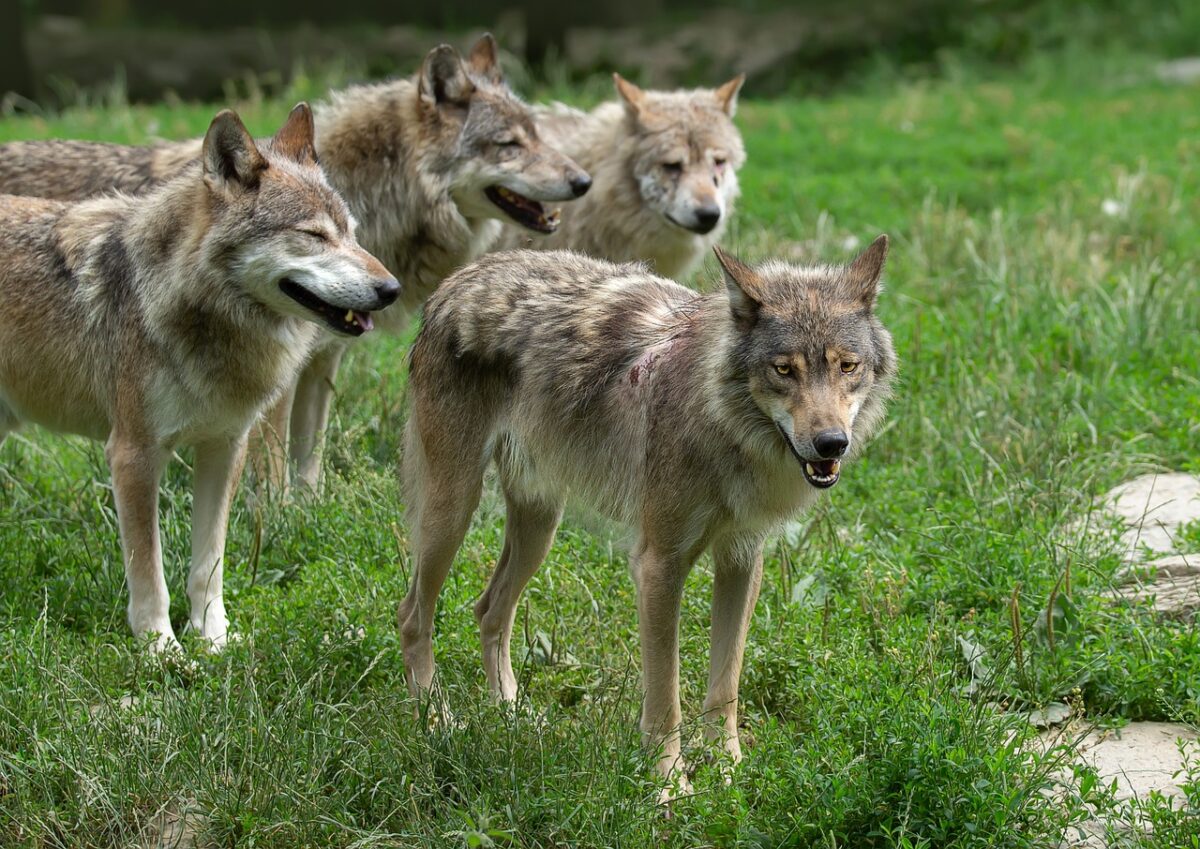
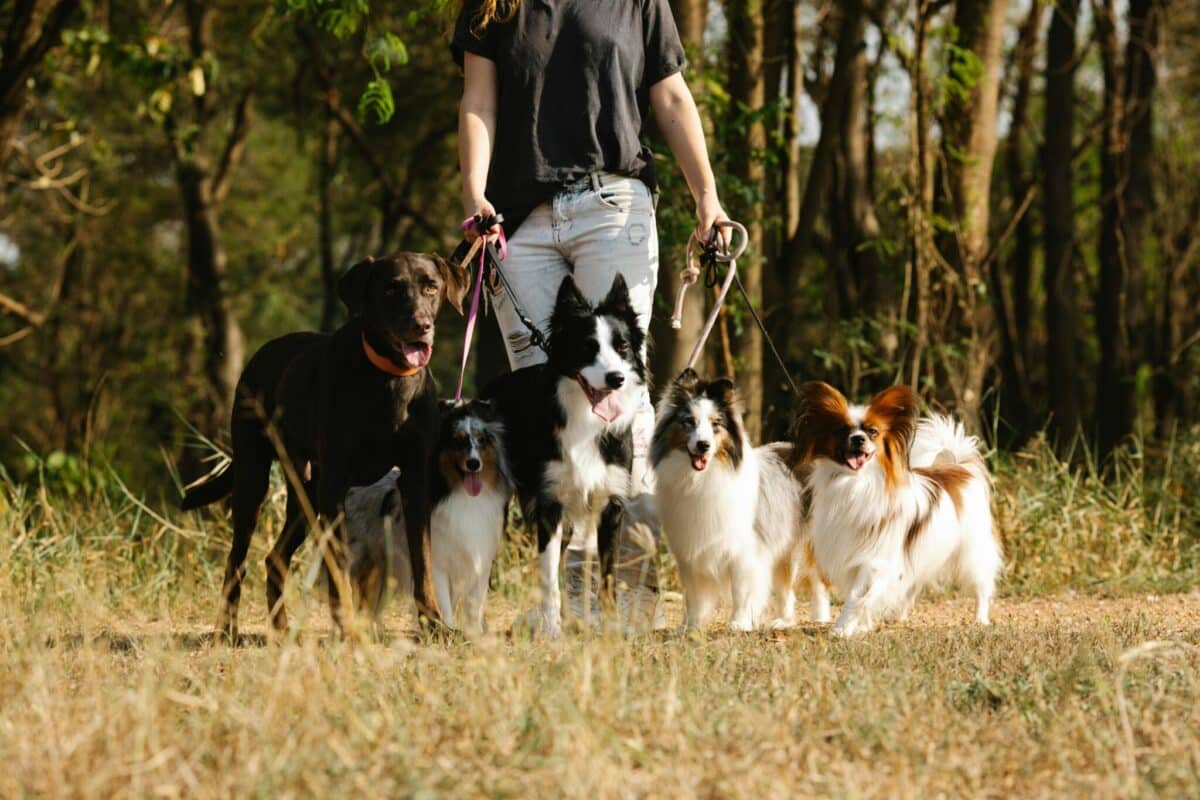
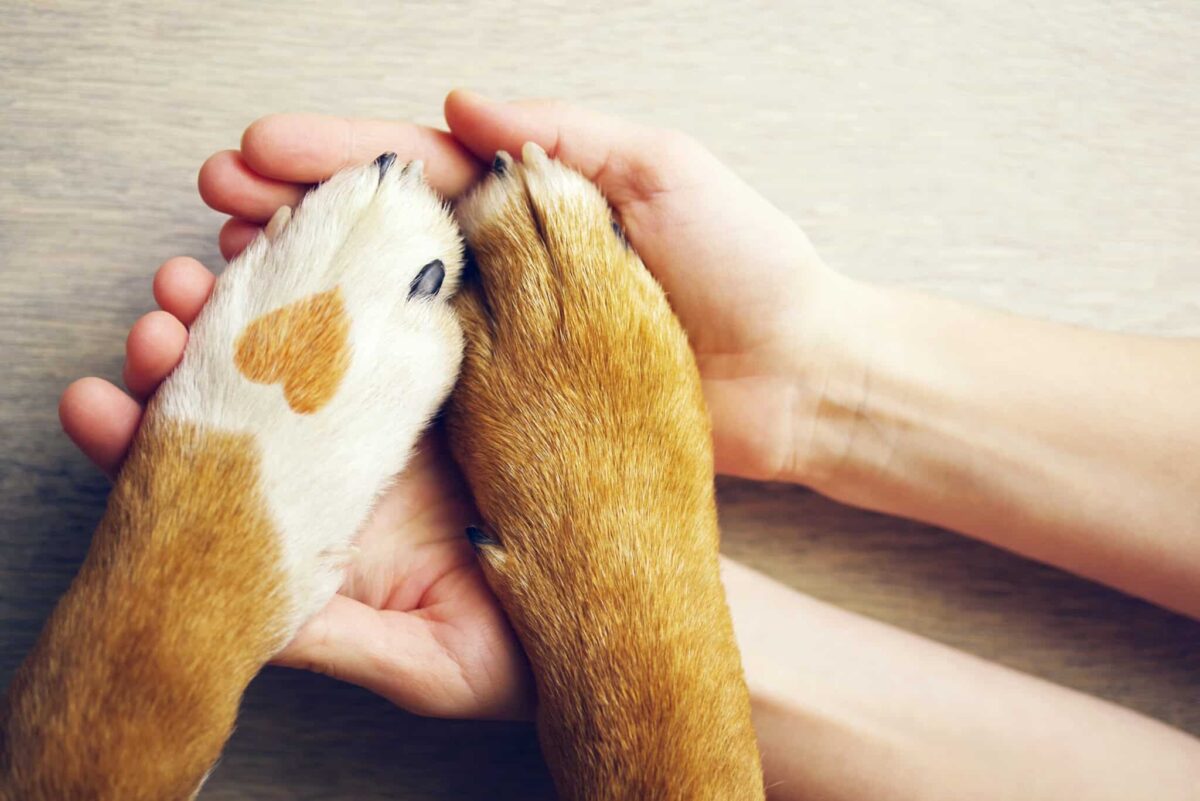

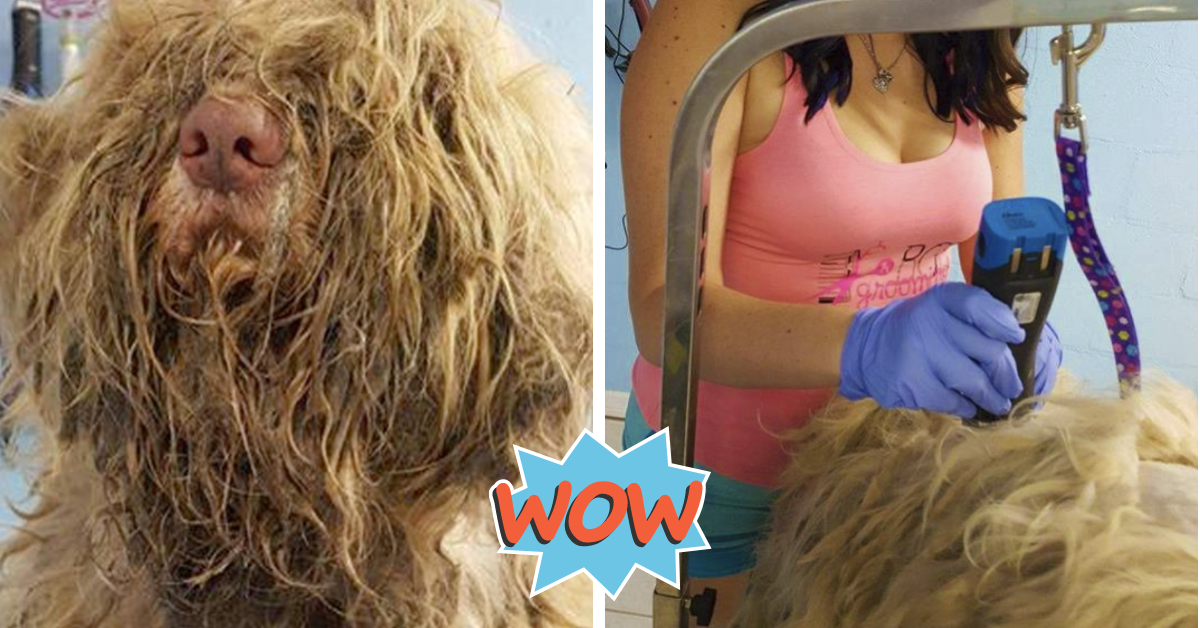
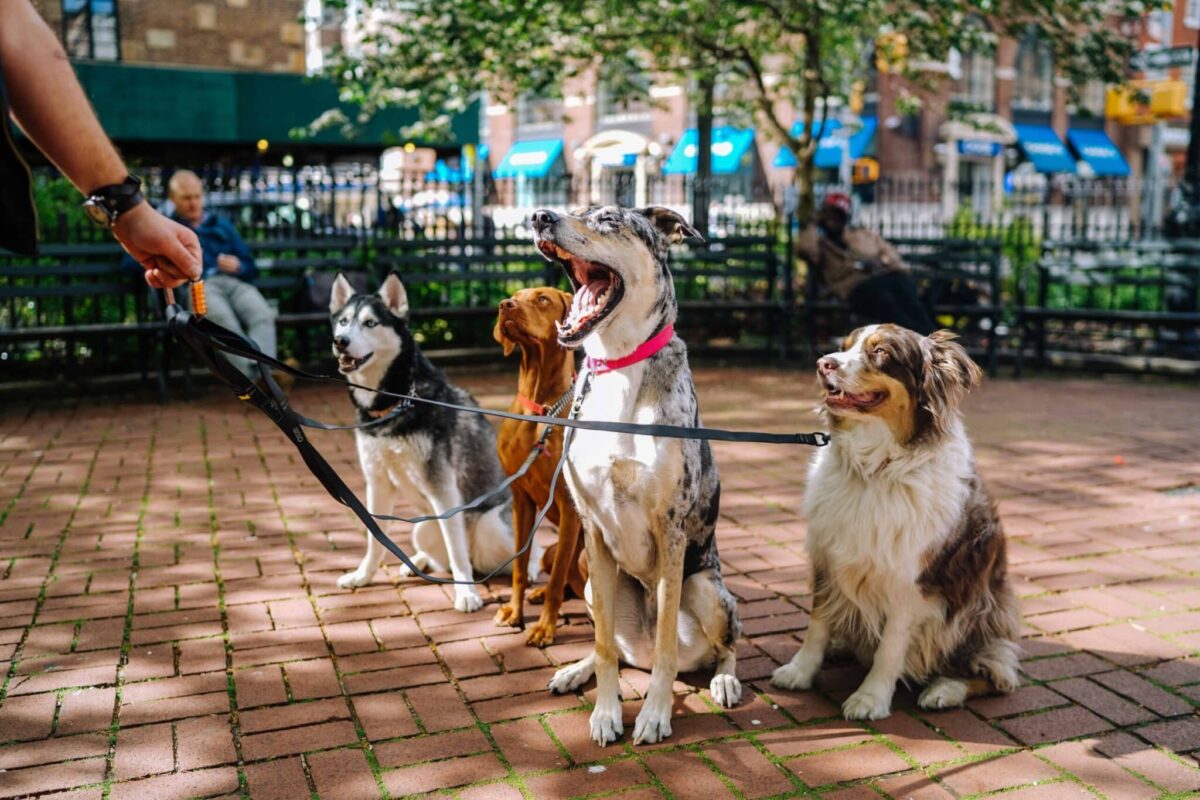

 English (US) ·
English (US) ·